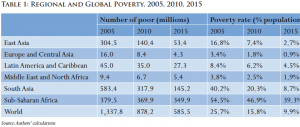We have discussed various qualities that are required to become a successful entrepreneur such as innovation, dedication, and sometimes creativity. Richard Branson says, “[The idea] should be a company that you can believe in, heart, soul and wallet. Are you enthusiastic about how this business will make a difference in people’s lives? This is crucial, because if you love your work, you are far more likely to persevere despite the long hours and struggles that are an inevitable part of an entrepreneur’s life – and your successes and celebrations will be all the sweeter.” It is no surprise then that lawyers are thought of as “wet blankets” to the budding, ambitious, passionate entrepreneur, and less a surprise that they would rather avoid contact with lawyers until they are needed to untangle some mess in which they find themselves. For those lawyers who see themselves working for entrepreneurs or start-ups, it seems necessary to adopt a similar passion or at least remember that this is their lives, or their dreams, and that may drive the lawyer to be more creative in the way they advise their clients. To quote Tim Gunn of Project Runway: “Make it work!”
http://www.entrepreneur.com/article/230263
